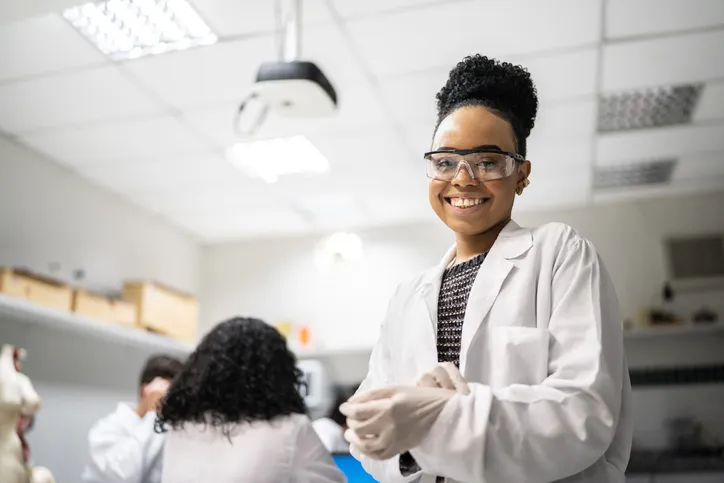By Brandee Sanders
Howard University has been a driving force behind groundbreaking research that explores the correlation between racial inequities and health disparities. The historically Black university will be able to advance its efforts through a collaboration with Georgetown University.
The two Washington, D.C.-based institutions are joining forces for the creation of the Georgetown-Howard Center for Medical Humanities and Health Justice. Merging humanities and healthcare, the center will empower scholars to examine current gaps within medical care through social, cultural and historical lenses. The medical humanities sector encompasses an array of academic disciplines, including bioethics, literary studies, medical anthropology, cultural studies, psychology and other areas.
The new center will focus on spreading awareness about the field of medical humanities, fostering “cross-institutional and community research engagement,” and using the discipline as a tool to take a holistic approach towards examining and eradicating health inequities within the city of DC. The center will harbor research labs and lead degree and fellows programs offered at both institutions. Its development is being supported by a $3 million, 3.5-year endowment from the Mellon Foundation.
Leaders at Howard believe the cultivation of the Georgetown-Howard Center for Medical Humanities and Health Justice will yield generational impact. “This grant allows us to establish a critical foundation on which to build our work,” Dana A. Williams, Ph.D., dean of Howard University’s Graduate School and professor of African-American literature—who served as the grant’s co-leader—shared in a statement.
“In every way, the center will embrace the public aspect of public humanities and situate itself at the intersection of medical and health humanities to affirm its commitment to public health. It will serve as a research and educational hub convening community partners, academic faculty, and undergraduate, graduate, and professional students.”
Lakshmi Krishnan, MD, Ph.D., assistant professor of medicine at Georgetown’s School of Medicine—who also co-led the Mellon Foundation grant—added “health practitioners can only treat ‘the whole person’ when they are able to recognize and value humanity in its many facets, and there is enormous potential to improve outcomes by taking this broader view of health.”

